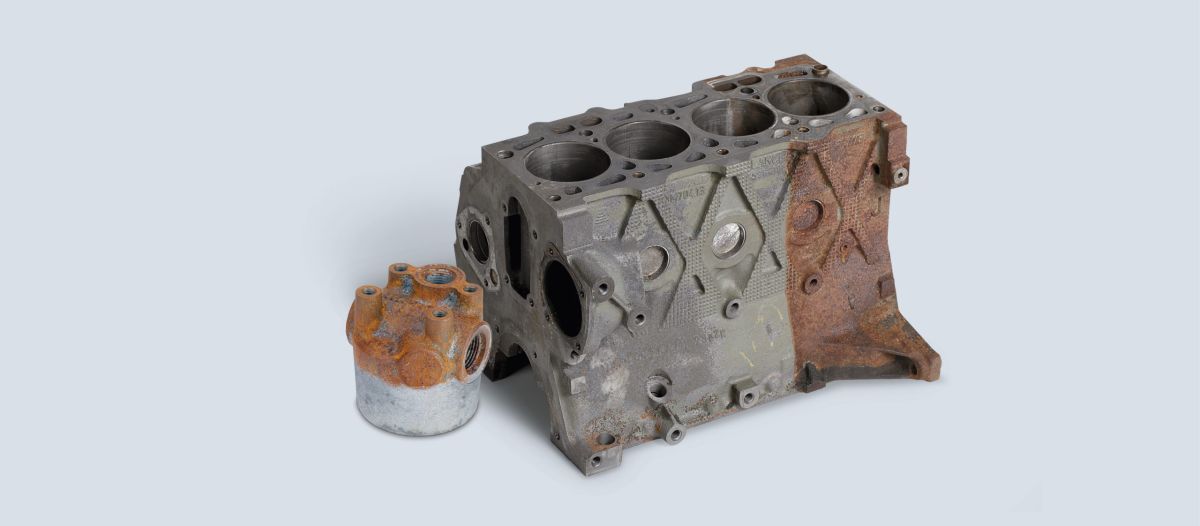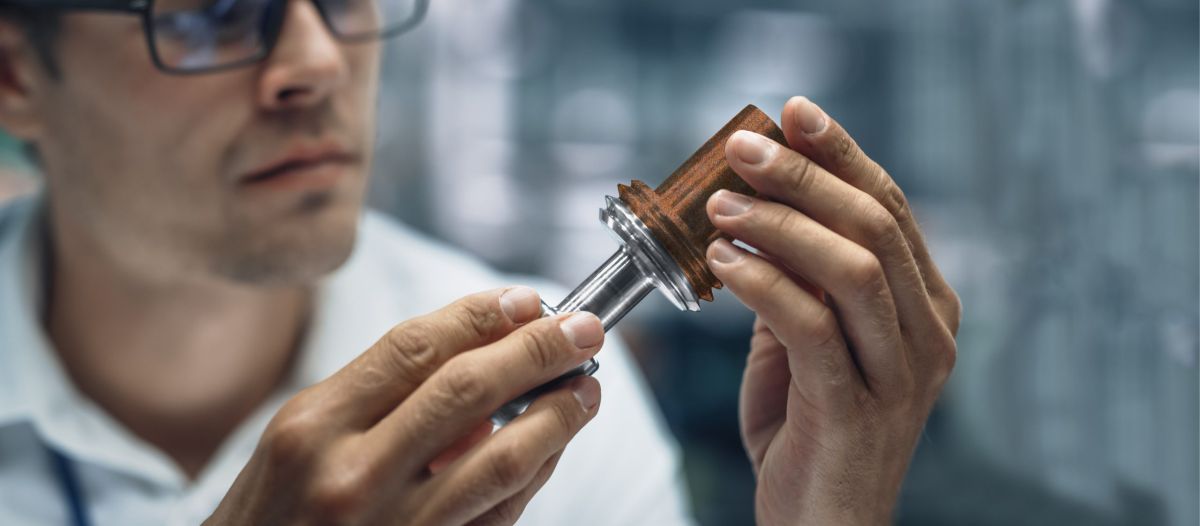Aluminium is a versatile and widely used metal in various industries, thanks to its lightweight nature and excellent corrosion resistance. However, like all metals, aluminium is still susceptible to corrosion over time. Corrosion can weaken the structural integrity of aluminium components and compromise their functionality. In this blog post, we will discuss how to prevent aluminium corrosion and ensure the longevity of your aluminium products.
Table of Contents
Why does aluminium corrode?
Aluminium is known for its natural resistance to corrosion, thanks to the ability to form a thin oxide layer on its surface that protects it from environmental elements. However, aluminium can still corrode under certain conditions. The primary cause of aluminium corrosion is the reaction between the metal and oxygen in the air, leading to the formation of aluminium oxide.
There are several factors that can accelerate aluminium corrosion, including exposure to moisture, saltwater, acidic or alkaline environments, and high temperatures. When aluminium comes into contact with these elements, it can lead to the breakdown of the protective oxide layer and the formation of pitting or surface damage.
Other factors that can contribute to aluminium corrosion include contact with dissimilar metals, improper handling or storage, and mechanical damage to the surface of the metal. It is important to be aware of these causes of aluminium corrosion and take preventive measures to protect your aluminium products from deteriorating over time.
What is the difference between rust and corrosion
Rust and corrosion are often used interchangeably to describe the deterioration of metals, but there is a distinct difference between the two terms. Rust specifically refers to the corrosion of iron and its alloys, such as steel, when they come into contact with oxygen and moisture. The reddish-brown flakes that form on the surface of iron or steel are called rust.
On the other hand, corrosion is a general term that describes the degradation of any metal when exposed to environmental elements. Unlike rust, corrosion can affect a wide range of metals, including aluminium, copper, brass, zinc, among others. Corrosion can manifest in various forms, such as pitting, flaking, or discoloration, depending on the type of metal and the conditions in which it is exposed.
The main reason why there is a difference between rust and corrosion lies in the chemical composition of the metals themselves. Iron and steel contain a significant amount of iron, which is prone to reacting with oxygen to form iron oxide, or rust. Other metals, like aluminium and copper, have different chemical compositions that result in different corrosion products when they come into contact with environmental elements.
Learn more about rust removal here

How to prevent aluminium corrosion
We recommend our DST-Alu Rinse to protect aluminium surfaces from further oxidation, this product is a 2% resolution that temporarily protects aluminium against further oxidation. The science behind it is that it penetrates the rust and corrosion, breaking down the oxide layers that have formed on the metal.
At DST-CHEMICALS, we offer a range of water-based products designed to combat general corrosion. Our range of DST-DERUST products is a highly effective solution formulated to safely remove rust and corrosion from metal surfaces. It works efficiently and is label-free, making it ideal for maintaining clean and corrosion-free parts.
Conclusion
In conclusion, preventing aluminium corrosion is essential to maintaining the integrity and longevity of aluminium components. By utilizing choosing our eco-conscious products like DST-DERUST, you can effectively remove existing corrosion and protect aluminium from further deterioration. In addition, choosing the right coating product tailored for aluminium surfaces can provide a durable barrier against corrosive elements, ensuring the continued performance and aesthetics of your aluminium assets. Prioritize corrosion prevention measures to prolong the lifespan of your aluminium components and contribute to a healthier environment.
Discover the complete guide to corrosion protection in industrial settings here
Nick Bjerregaard
International Process & Technical Manager
Technical Manager at DST-CHEMICALS: 20 years of chemical industry experience, driving innovation, efficiency, and environmental sustainability.
Environment, social and governance
At DST-CHEMICALS, sustainability is at the heart of everything we do. We engaged with key stakeholders, including our team of suppliers, to ensure we focused on what truly mattered. Ready to see the full picture? Keep an eye out for our ESG report, where we share the next steps in our journey to sustainability.

